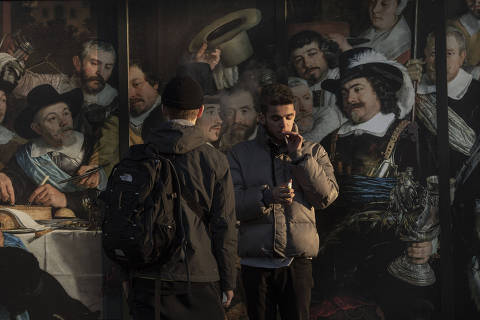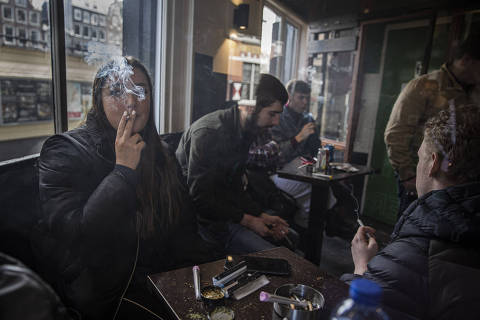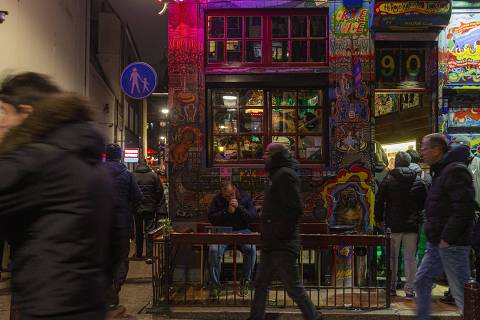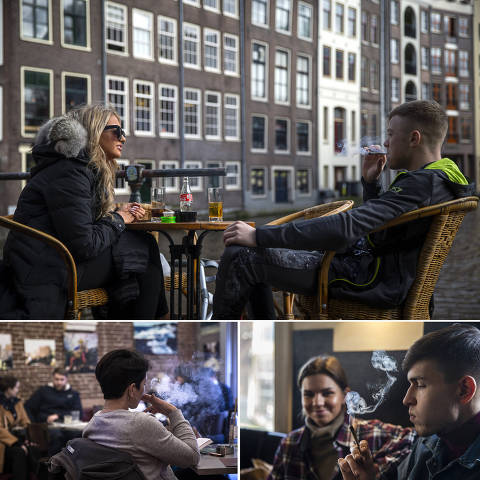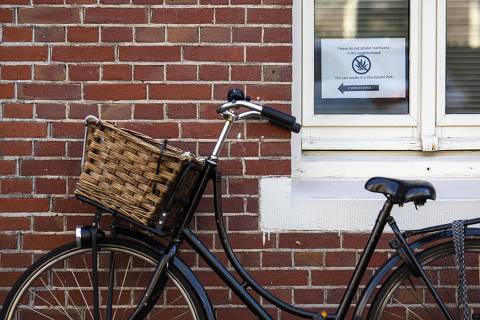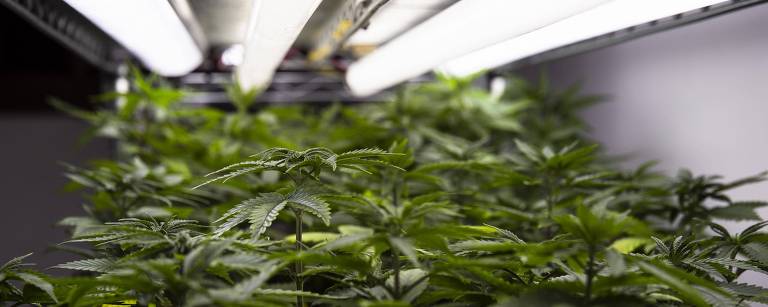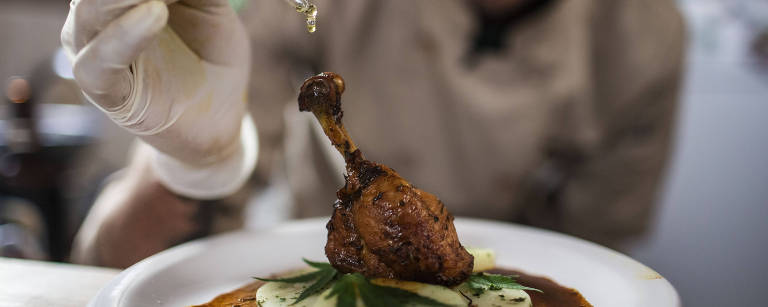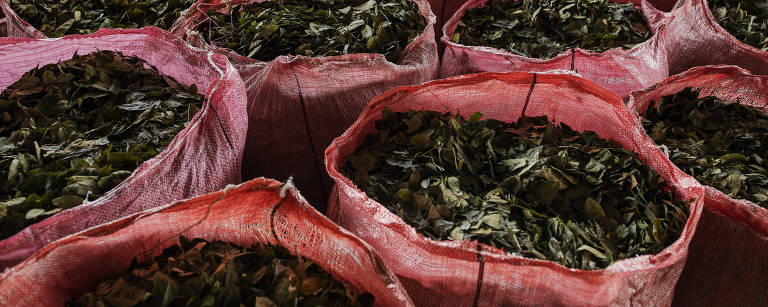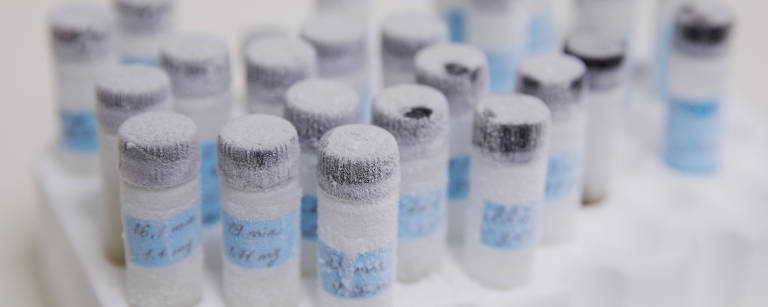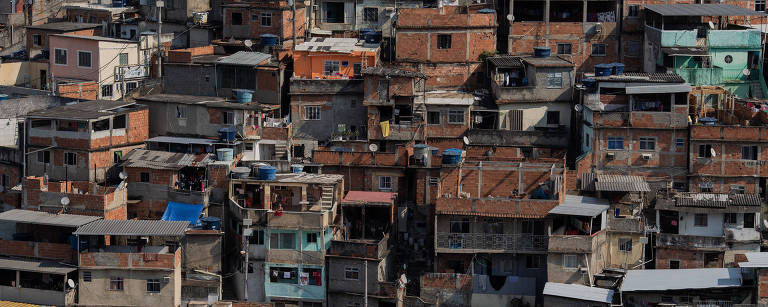
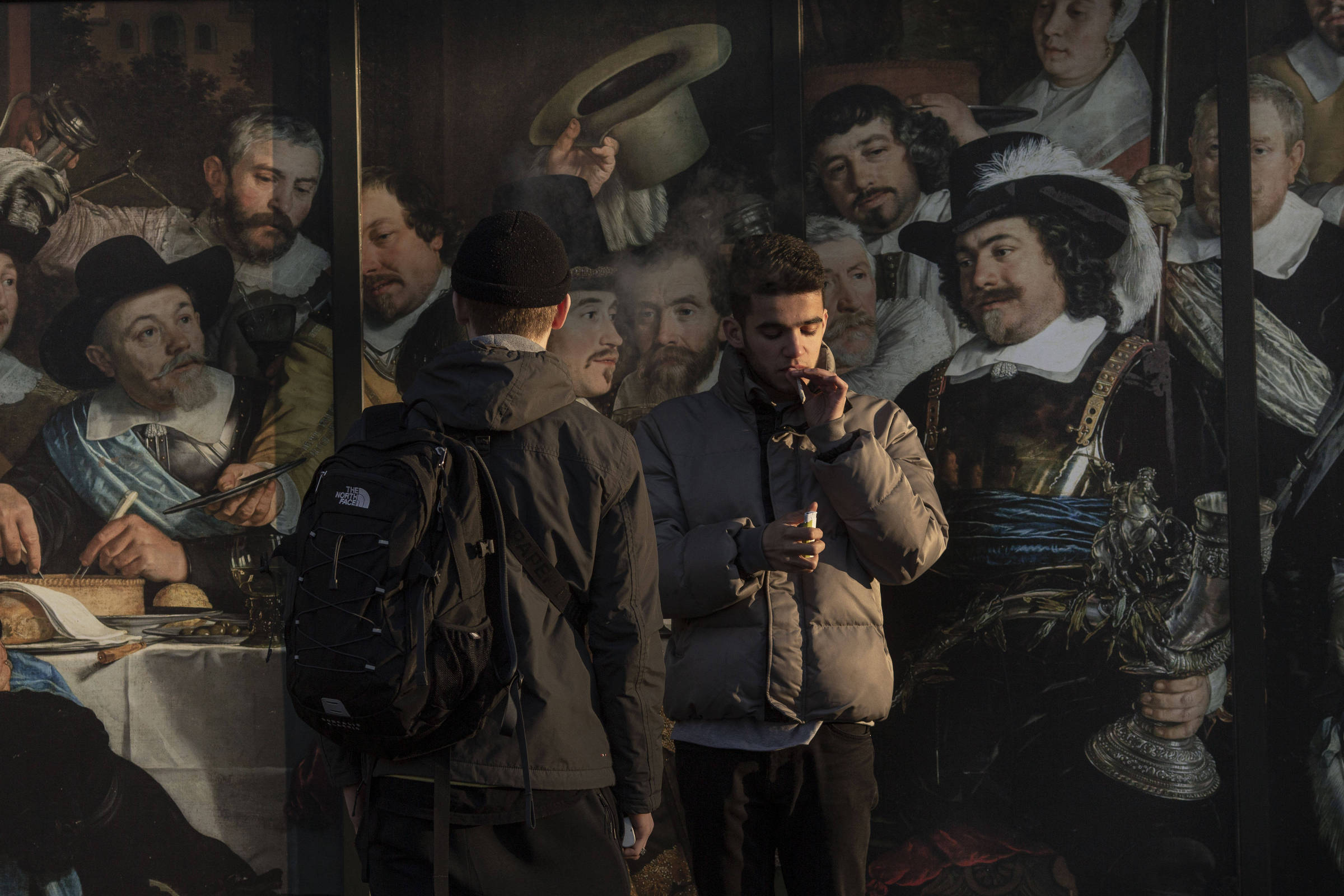
Young people smoke marijuana in the museum square in Amsterdam - Danilo Verpa/Folhapress
In the Netherlands, one of the governing coalition parties last year proposed legalizing the sale of ecstasy and other soft drugs, but it has yet to be decided.
Another project, which regulated marijuana production, was approved, and the pilot plan will be implemented in five country regions.
For those who already earn a living selling marijuana, the opening is delayed. “I have been working for 29 years with something that is neither legal nor illegal,” says Ludo Bossaert, founder and owner of the Paradox coffeeshop, one of 164 places where cannabis can be bought and smoked in Amsterdam. This is within the Dutch tolerance policy, in which the sale of the drug is illegal, but still allowed.
Coffeeshops are licensed, pay taxes, and undergo inspections. They cannot serve alcohol or serve minors under 18, and the sale is limited to 5 grams per person per day; at the store, the total marijuana stock should not exceed 500 grams.
For those who sell more than ten different types of marijuana and serve 400 to 600 people a day, managing this limit is not easy. “I need to have guaranteed and very reliable suppliers, since I can’t complain to the police if the product is bad,” he says.
Other constraints include having to pay the dealer in cash and not having control over the characteristics of cannabis. “We were at the forefront of this market. Now we are falling behind. Legalizing production makes it possible to study herbs, select them, sell better products. Canada and the United States are doing this,” says Bossaert.
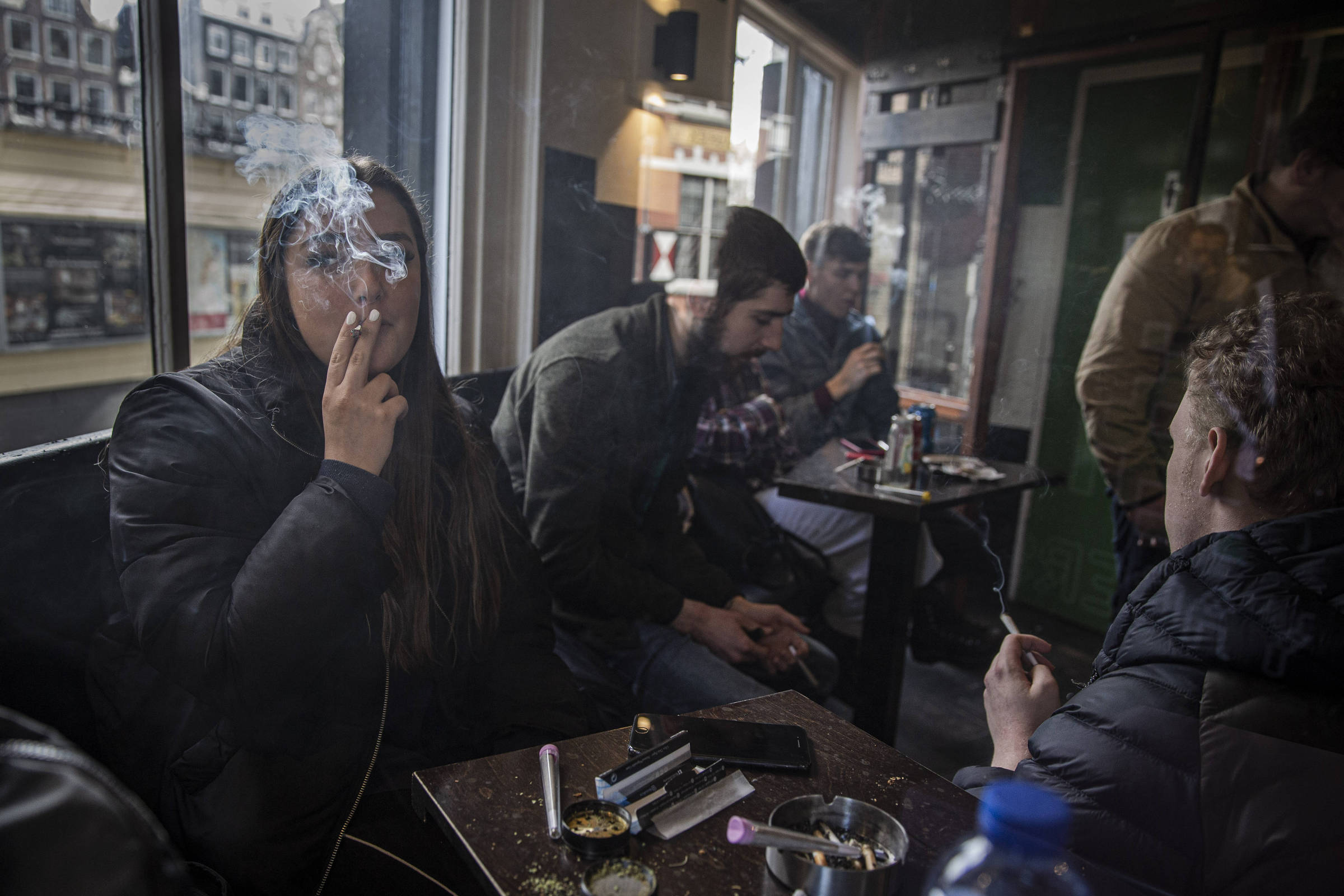
People smoke marijuana in downtown Amsterdam and in Voyagers coffeeshop - Danilo Verpa/Folhapress
Logistics is even more complicated at Voyagers, a coffee shop and hotel that opened in 1996, and which serves up to 1,200 customers in one day.
In order to keep the cans of herbs full without exceeding the 500 g limit, the establishment has the stock controlled by an application visible by the supplier, which makes several deliveries a day.
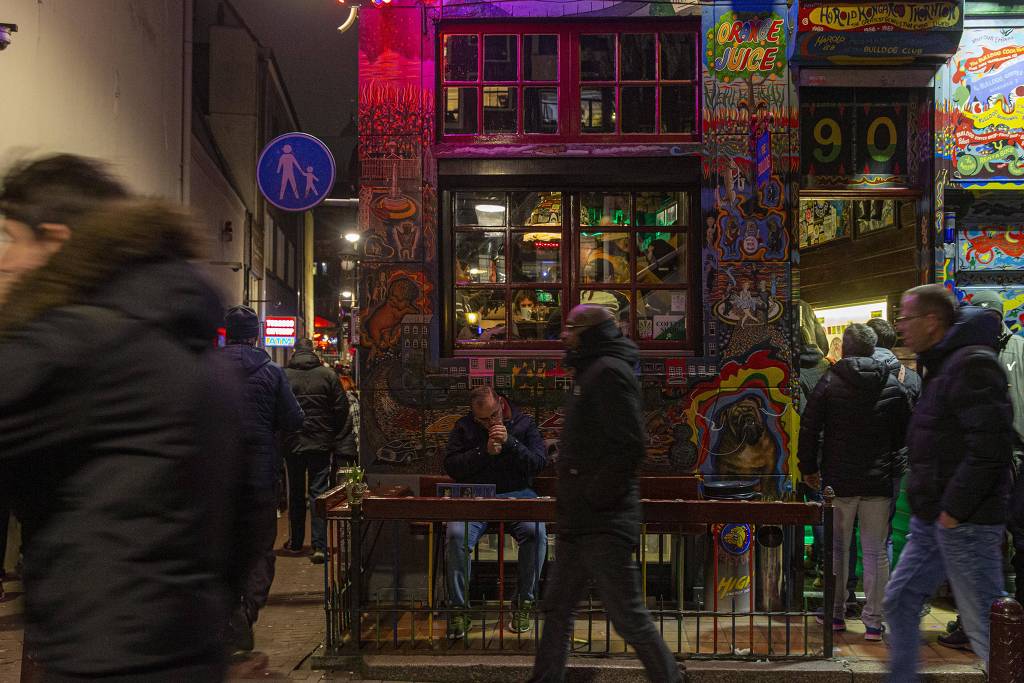
Coffeeshop in the Red Light District in Amsterdam - Danilo Verpa/Folhapress
“The war on drugs is going to go down in history as a major error in the course of humanity,” says Dutch criminologist and consultant Tim Boekhaut Von Solinge, whose doctorate compares European policies in the area. According to him, the social experiment carried out in the Netherlands has already shown that allowing (or tolerating) sales does not increase consumption.
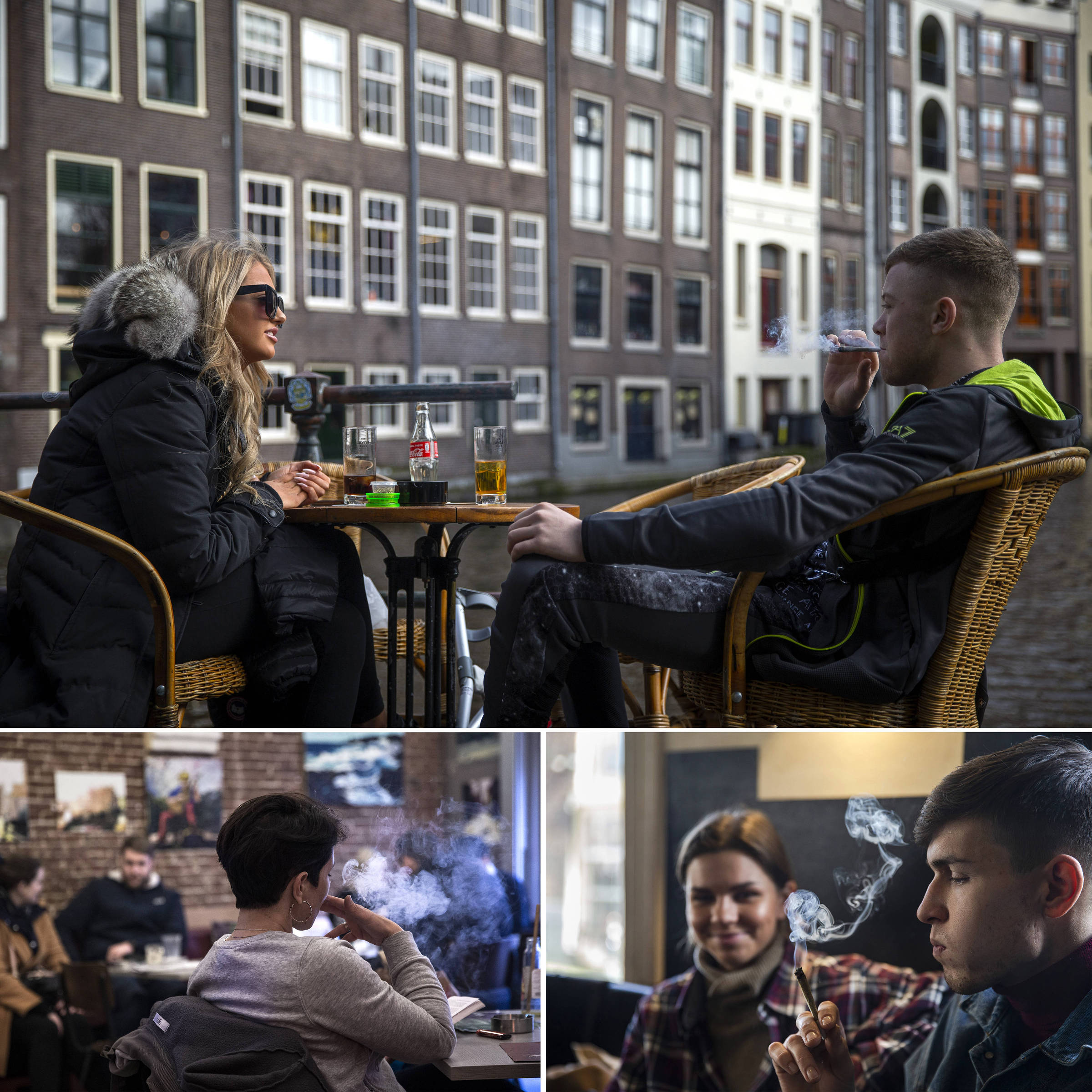
Young people smoke marijuana downtown (above), and in the Paradox coffeeshops (below left) and Voyagers in Amsterdam - Danilo Verpa/Folhapress
In Portugal, decriminalization has also not increased consumption, and the percentage of drug users in the country is below the European average.
Lisbon councilor Manuel Grillo sees gains in regulating the production and sale of cannabis in Portugal: “The herb would no longer be sold on the same circuit as other potentially more dangerous drugs”. In the Lisbon Chamber, there is even a calculation of tax revenue and resource savings that today finance the repression of trafficking but could be invested in other areas.
Economic reasoning makes sense, says Solinge. “The drug economy is one of the largest in the world, and it is totally informal and involved in arms trafficking, destroying many countries. Why leave that money in the hands of criminals?” According to the expert, it is already clear that “humans like to get intoxicated sometimes”, and it is past time to do this with more gain for society.
Briton Axel Klein agrees: “We are just carrying out a drug policy that we inherited in 1920, with no scientific or medical basis. A policy that until today has not been successful, but we continue to repeat it.”
However, the prospect of openness worries the EMCDDA, which registered between 2006 and 2017 a 76% increase in demand for treatment for cannabis use in the 24 European countries for which data are available. According to the center, the number of marijuana or hashish addicted patients reached 155,000 on the continent in 2017.
In countries that punish possession and consumption, more than half of the 1.2 million infractions in 2017 were related to cannabis.
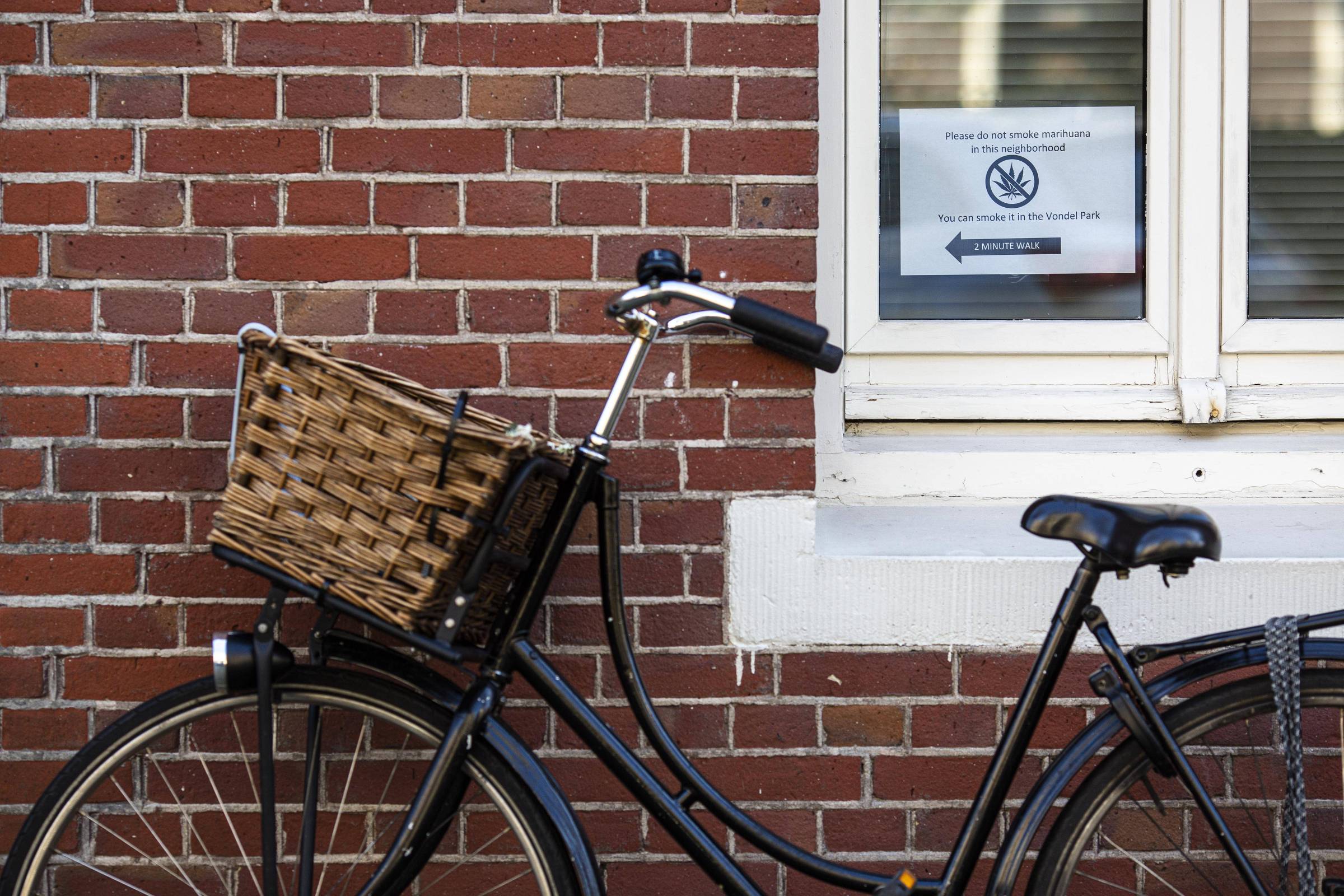
Amsterdam hotel smoking ban warning - Danilo Verpa/Folhapress
